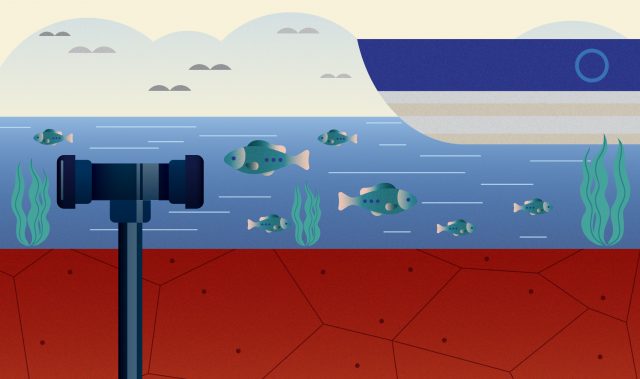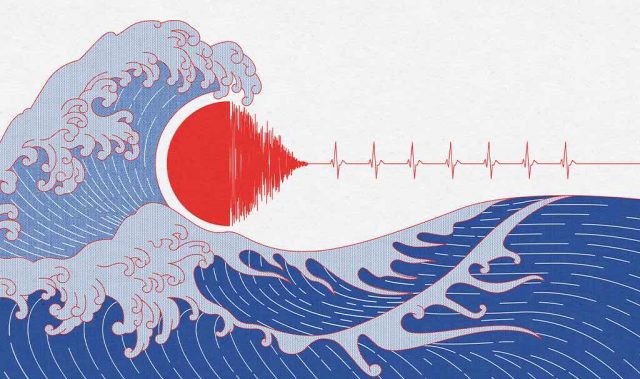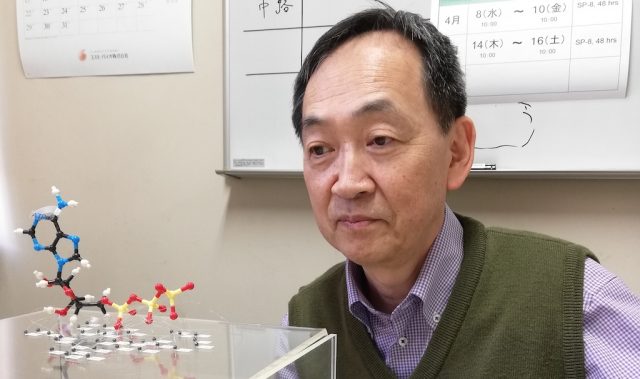
AsianScientist (Mar. 17, 2015) – Researchers have identified a hormone that can influence the success of male fish stuck in a love triangle over a female. Their results have been published in PLOS genetics.
In collaboration with researchers at the National Institute for Basic Biology, a group led by Dr. Teruhiro Okuyama and Assistant Professor Hideaki Takeuchi at the University of Tokyo has demonstrated that in a medaka (Japanese rice fish or Oryzias latipes) romantic triangle including two males and one female, one male stays with the female while at the same time guarding her from the other male (mate-guarding behavior).
In addition, the research group showed that the hormone vasotocin is required for the winning male in the triangular relationship. Mutant male medaka that cannot produce vasotocin tend to lose out in triangular relationships. Interestingly, these males exhibit normal aggression in all-male groups, but lose their motivation for courtship in dyadic relationships. Therefore, vasotocin-mutant males have low sexual motivation towards females, which may decrease or abolish competitive motivation in a love triangle.
The hormone vasopressin present in humans and other mammals is thought to have a similar physiological function as medaka vasotocin. Basic research into medaka could lead to the discovery of common hormonal systems between medaka and mammals and provide clues to the evolutionary roots of human emotions elicited in triangular relationships, such as sexual jealousy and posessiveness.
The article can be found at: Yokoi et al. (2015) An Essential Role of the Arginine Vasotocin System in Mate-Guarding Behaviors in Triadic Relationships of Medaka Fish (Oryzias latipes).
———
Source: University of Tokyo.
Disclaimer: This article does not necessarily reflect the views of AsianScientist or its staff.












